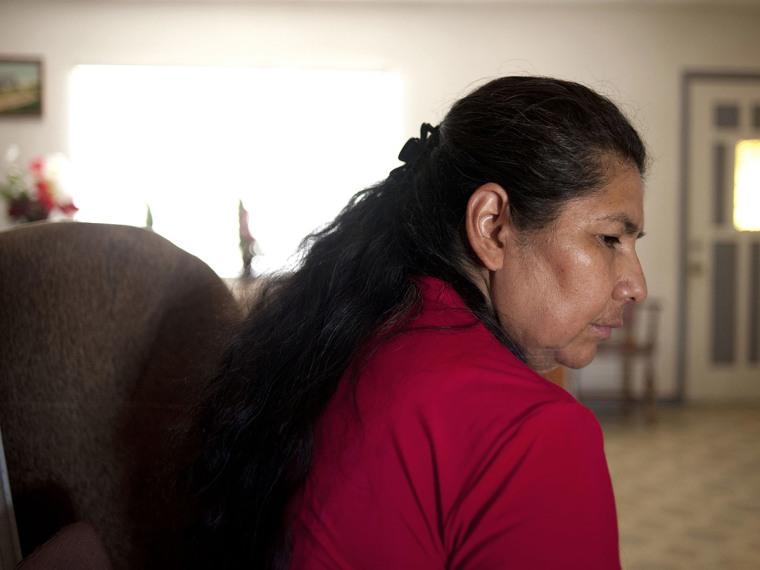Immigration reform will be difficult to pass before the end of the year thanks to a short session in Congress packed with time-sensitive policy debates. And that was true even before the Syria crisis overtook lawmakers' attention.
Per its current schedule, Congress has just nine working days in September, 14 days in October, eight days in November, and another eight in December. So far the House has produced only a handful of legislative proposals on immigration, none of which deal with the most sensitive topics--mainly whether to include a path to citizenship for undocumented immigrants.
In the short term, Syria will both occupy members' time and eat up House leaders' political capital after recess, as both Speaker John Boehner and Minority Leader Nancy Pelosi face the difficult position of nudging two caucuses highly skeptical of strikes against dictator Bashar al-Assad towards passing a resolution authorizing military force.
But the picture doesn't look much better after that, either. In mid-October, the US is set to hit the debt ceiling, which will require Congressional action to stave off an economically disastrous default. And before that, Congress needs to pass at least a short term spending bill to prevent a government shutdown at the end of September, a measure many Republicans say they'll refuse to take unless President Obama agrees to defund or delay implementation of his health care law.
The coming partisan wars and pressured schedule could make it hard to find a consensus position on immigration, shepherd it through hearings and markups, and then whip Republicans on a tough vote. And even then, they'll only be setting up another legislative debate with the Senate, which passed a far-reaching immigration reform bill in June that House Republicans have overwhelmingly dismissed as too liberal for their tastes.
Early next year may be a more fertile time to return to the immigration discussion in earnest. But supporters of immigration reform have raised concerns that the political calendar may become an obstacle at that point, as upcoming elections might scare members out of politically difficult votes.
“It’s very important that we try to act before the end of this year,” Senator John McCain of Arizona, one of the Senate bill's co-sponsors, told a town hall audience last month.
Republican Rep. Mario Diaz-Balart, who is working on his own bipartisan immigration bill in the House, offered a similar take to NBC Latino on Tuesday.
”Time is our enemy,” he said. “If we don’t get it done this year, it gets more difficult."
Republican Rep. Bob Goodlatte, who chairs the Judiciary Committee that oversees immigration policy, recently suggested the House GOP might pass their own bill to establish the party's position and then leave it to a future Congress to make a final deal.
That's not what reformers want to hear. But they're hoping that political pressure cuts both ways and that national campaigns led by Latino groups, business leaders, labor unions, and religious organizations will help build momentum for a vote.
"All of these process excuses and procedural obstacles have been put in place to give Republicans an out," Frank Sharry, president of immigration advocacy group America's Voice, told reporters last week. "They don't have an out. They either pass it or they get blamed for blocking it."
